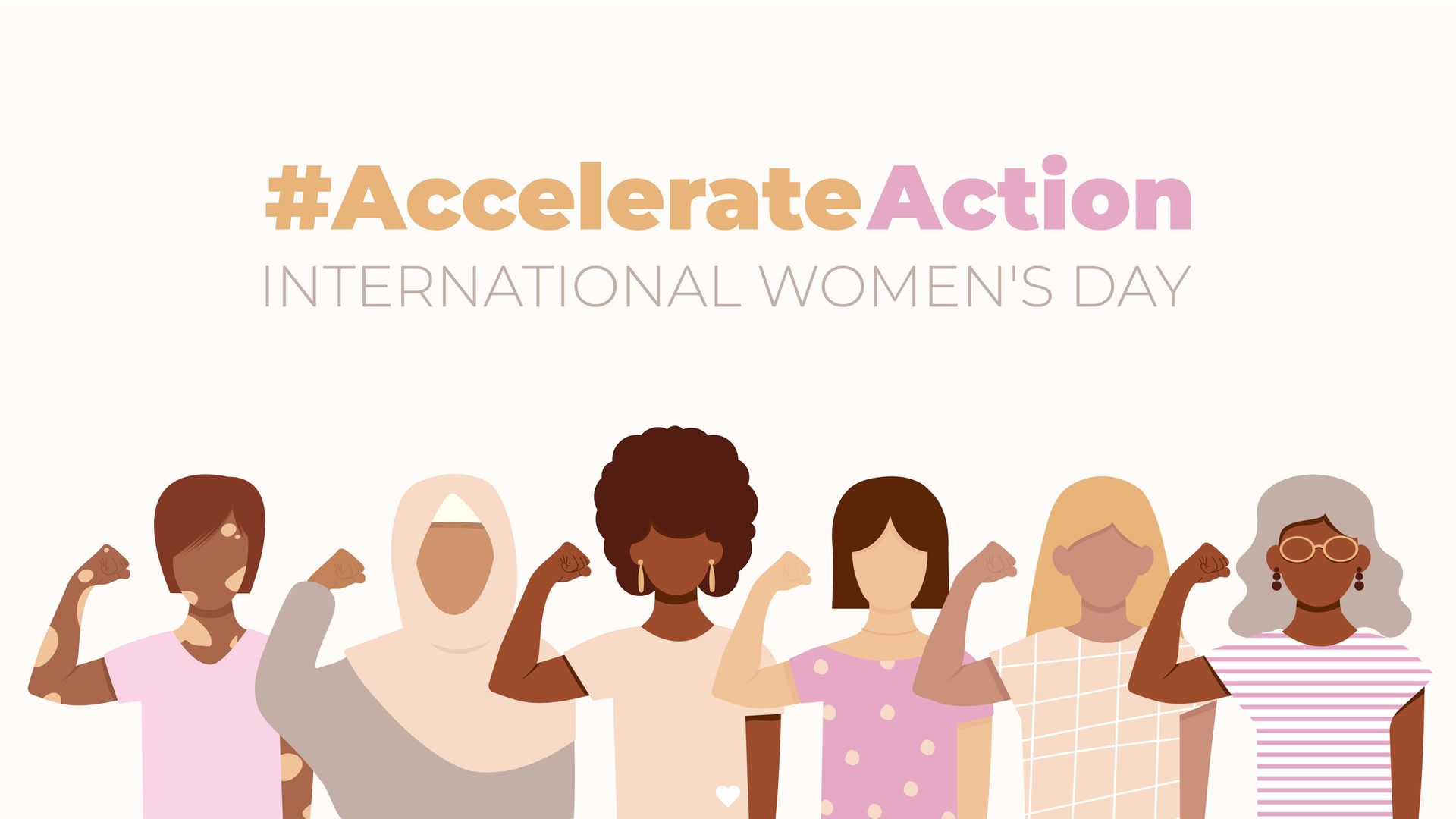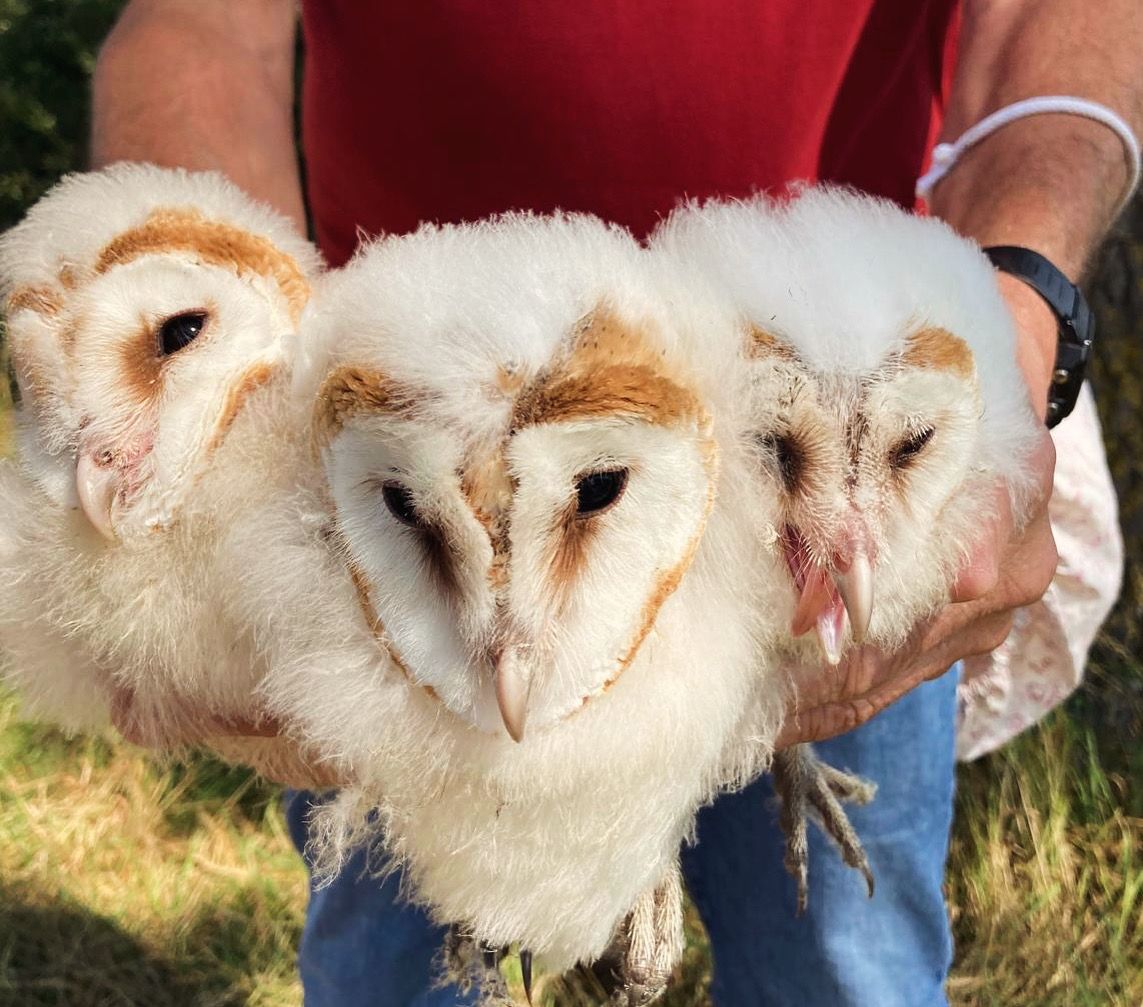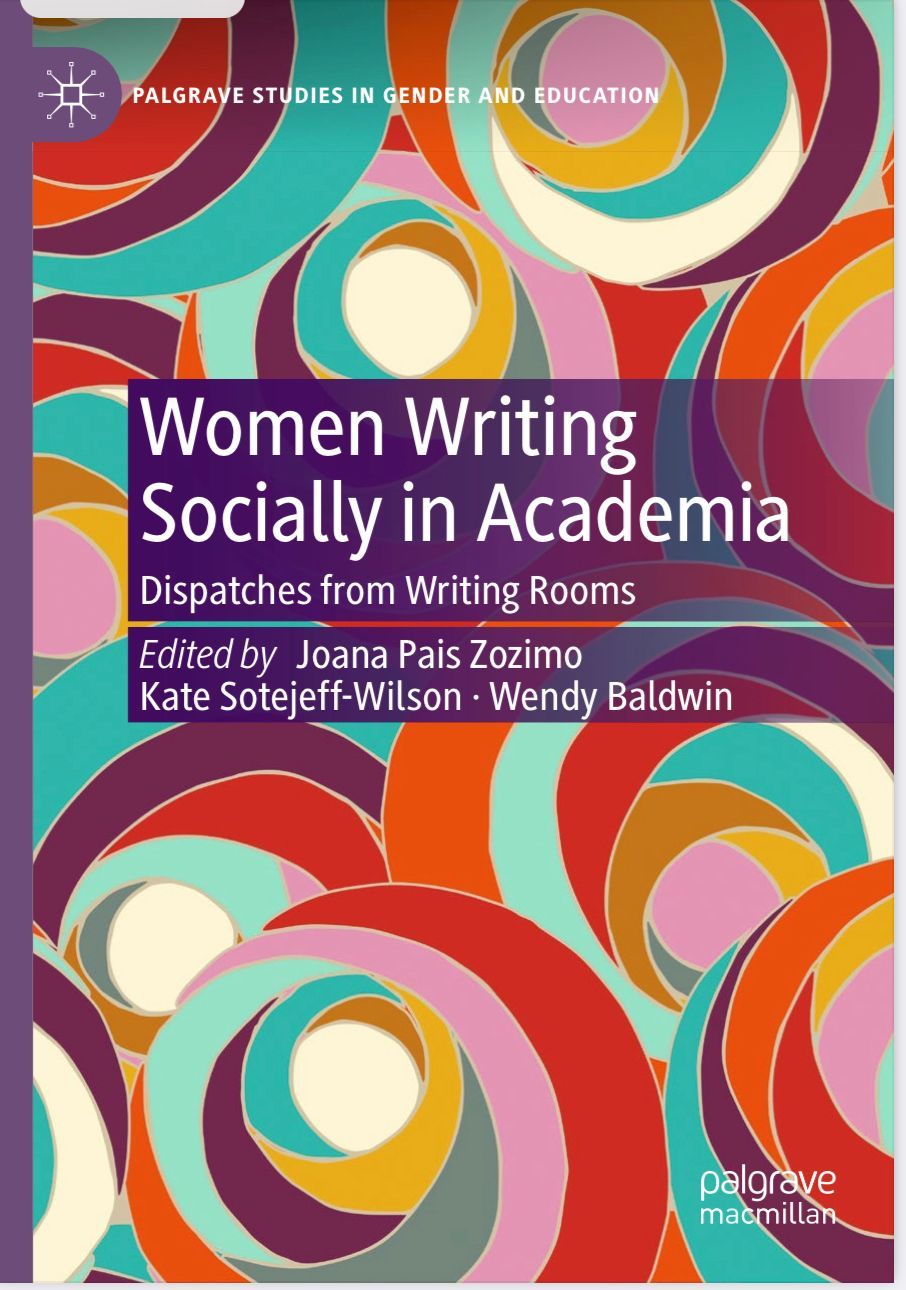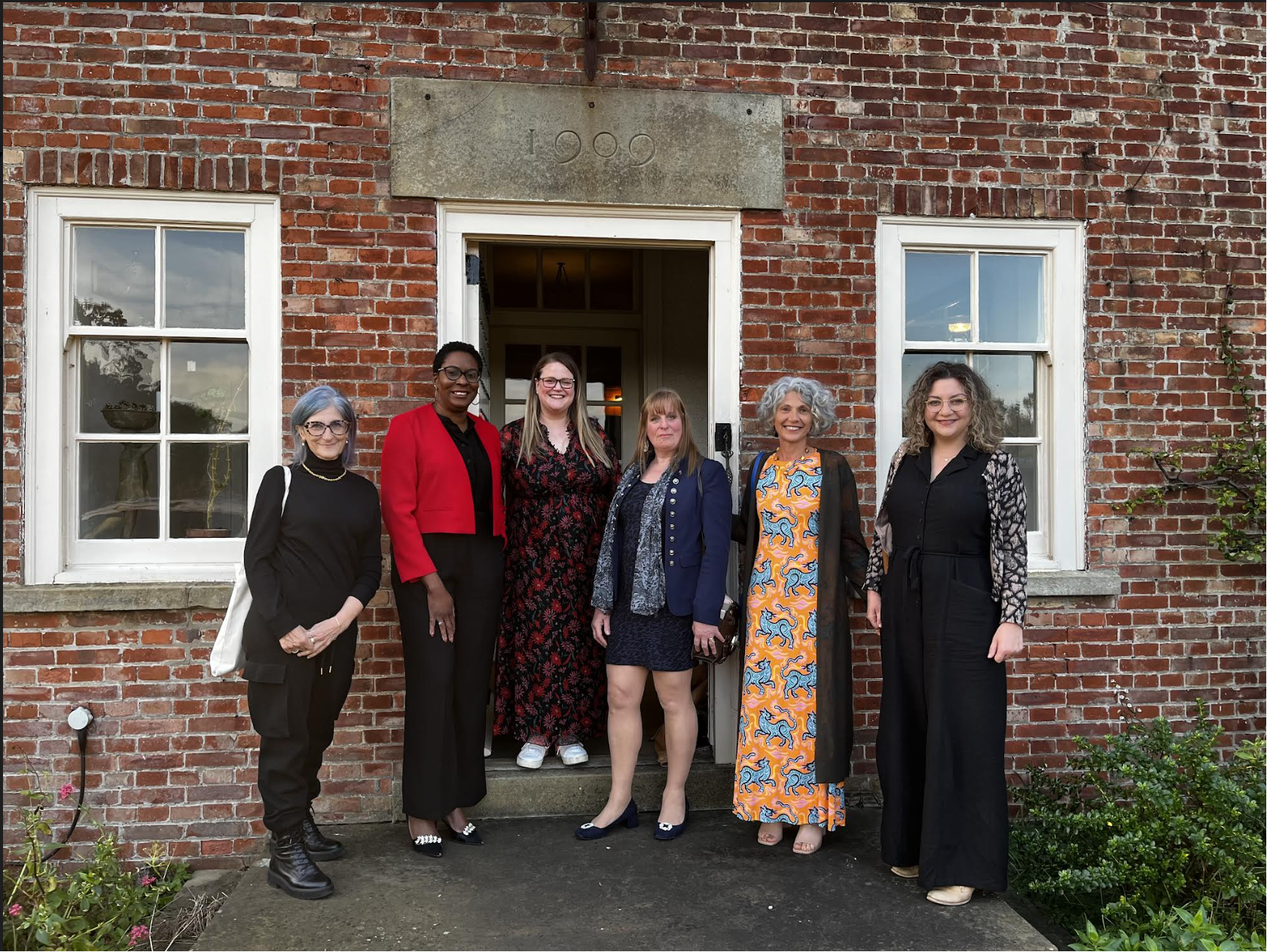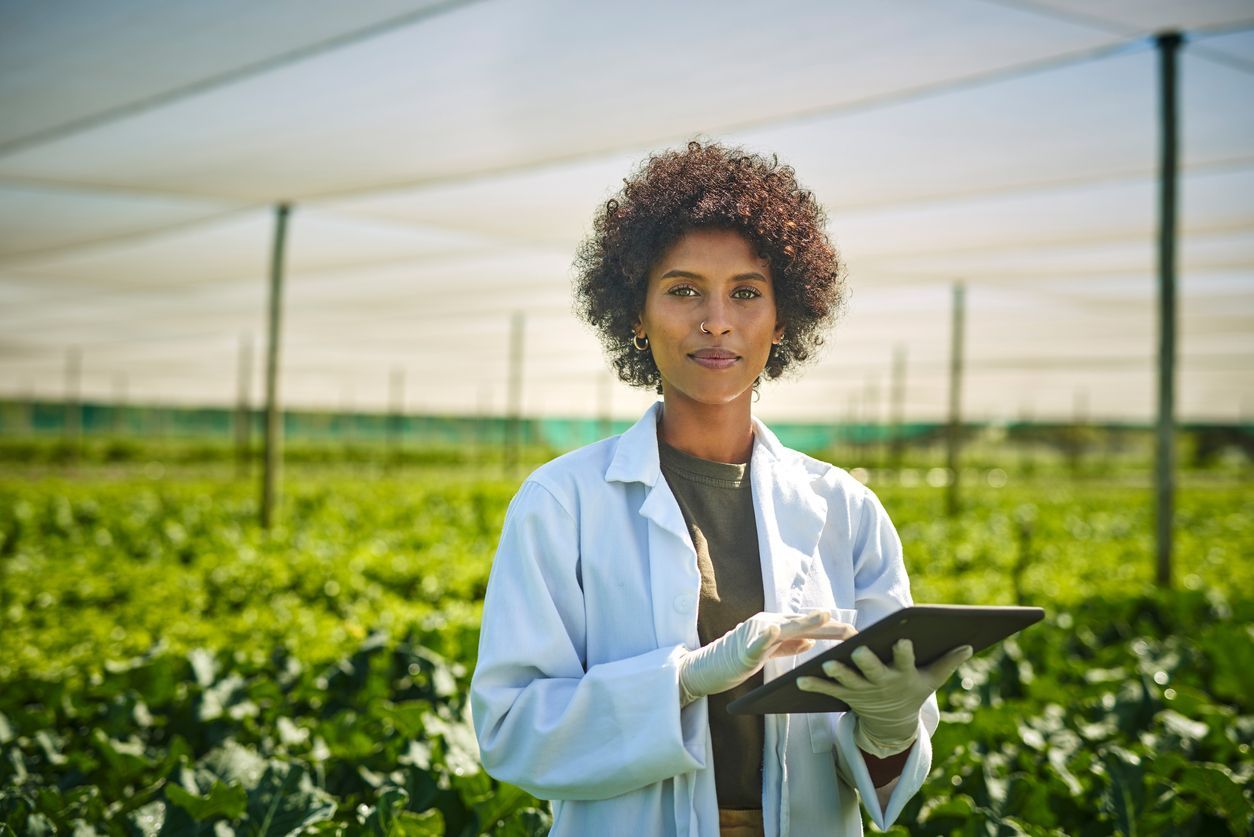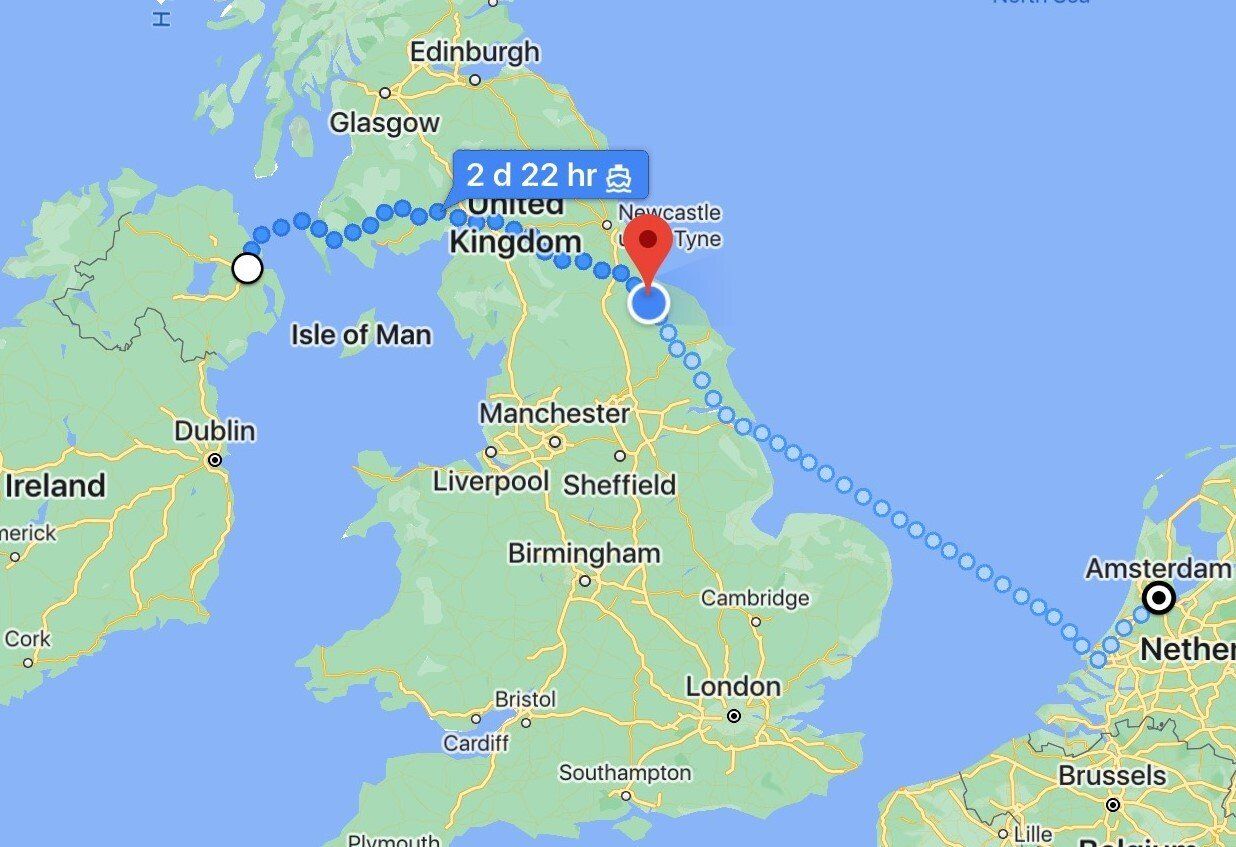'Writing Italy': Our First PGR Networking Community at Chapelgarth
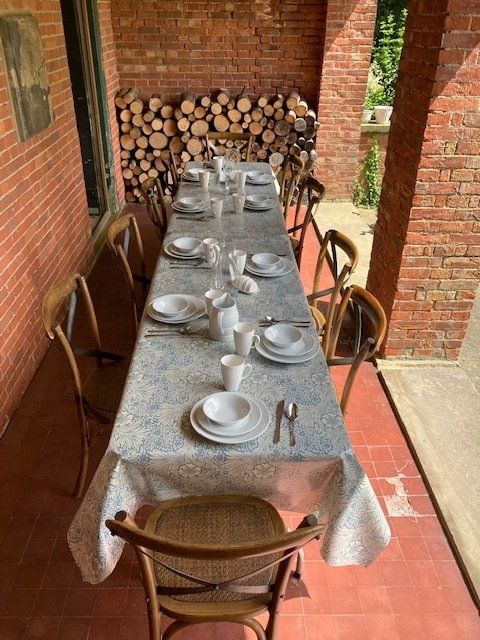
After over a year of pandemic-related restrictions, PhD students had spent the entire academic year without meaningful interactions with their peers: the life of a student had never felt so lonely. Sure, international conferences had gone online, and webinars were becoming increasingly ambitious, with tightly scheduled panels of experts meeting around virtual round tables at all hours of the day to serve time zones across the globe, but the greater was the international conference, the more passive the attendees became, with cameras, switched off for all the audiences, other than the panel speakers.
It was while attending one of these conferences, and having the coffee break in my kitchen, that I reflected on how vital those coffee breaks at conferences were for postgraduates’ networking: the serendipity of exchanges, the unexpected introductions, the casual conversations which led to that ‘light-bulb’ moment’.
I decided to set out with an experiment. I had been running virtual writing retreats from Chapelgarth Estate for long enough to try and tweak the format. The aim was to bring around our virtual writing table at Chapelgarth PhD students who had not experienced the structure of a writing retreat before, and who were working in the same disciplinary area. I was lucky enough to find in Prof. Robert Gordon, from the Italian Department at Cambridge University a sympathetic listener, who was willing to experiment with the new format which mixed writing and networking sessions, in a new programme which we launched: we called it ‘Writing Italy’. Ten PhD students from the Italian Department signed up. As a historian it appeared clear to me immediately that in order to achieve the maximum benefit from the networking sessions the interest groups should be divided according to chronological parameters. We therefore had a medieval/renaissance expertise group and a contemporary literature group. In the blog below PhD candidates, Luigi Pinton and Tommaso Forni write about their experience with this new virtual writing venture at Chapelgarth Writing Retreats.
Luigi Pinton is PhD candidate in Italian at the University of Cambridge. His research project investigates second-hand testimonies in Italian contemporary literature. He holds a Laurea (BA) and a Laurea Magistrale (MA) in Modern Literatures from the University of Siena. He was Erasmus exchange student at the University of Warwick (2015-16) and at the University of Cambridge (2017-2018)
Tommaso Forni is currently pursuing a PhD in Italian at the University of Cambridge , working on early modern reference books as instruments of knowledge management. He holds a MA (Hons) in Modern Philology and a BA (Hons) in Humanities at the Università Cattolica in Milan, where he graduated with a thesis on the textual variants of Petrarch’s Triumphs.
It has been more than a year since we were plunged into many detached bubbles. Our human interactions have shrunken and our days have been marked by a lack of drive and diversification. This state of perduring numbness has posed a unique challenge to our social and professional lives, with a deep impact on relational habits and working patterns. Therein lies the relevance of the virtual writing retreat Marcella offered to the postgraduate community in the Italian Department at Cambridge, which gave us a chance to reflect on our writing strategies. Although it had to take place online due to the Covid-19 pandemic, the daily workshop relied on the same techniques and tools developed for the longer writing retreats that usually take place at the wonderful Chapelgarth Estate: structured writing time, moments of discussion among participants about their own current projects, and wellbeing activities.
Covid restrictions and the consequent constant feeling of uncertainty were making it harder and harder for us to find the right concentration to work, so we welcomed with a certain sense of relief the opportunity to spend a day just focusing on writing. And indeed, the daily workshop at Chapelgarth provided us with the perfect space and time we were looking for. During the day, two writing sessions (one-hour-and-a-half long each) were followed by mindfulness exercises and time for networking with other colleagues, presenting our own ideas and receiving feedback. Time was led by Marcella’s thoughtful guidance (and punctuated by the sound of her antique pendulum clock!).
The day started off with a joint discussion aimed at setting everyone’s goals for the following sessions. Writing a doctoral thesis means working towards a long-term objective, so distant that sometimes you just cannot bring it into focus. If we think back at the tremendous amount of time we spent deadlocked or aimlessly wandering through fuzzy pages, we realize how important it is to set targets in advance and start writing with predetermined goals.
Once each of us decided what to work on during the following hours, the proper writing session began. The unusual experience of writing surrounded by a sense of community, which was enabled by leaving the pc cameras and microphones (our digital senses) on, reminded me of the meaning of sharing a working space, be it tangible or virtual, a library or an online platform. A feeling of reality spreads from the presence of others within the same environment, and this helps to focus on the actuality of writing rather than getting lost in thoughts, distractions and alternative “social networks”. We then presented the results of the session to small hubs, aka breakout rooms, set up on the basis of thematic affinity and coordinated by Marcella acting as facilitator: how strenuous, but how helpful it is to write knowing that you have to account for your achievements right after! In addition to the advantage of orally formalizing our writings, these moments of presentation produced an exchange of feedback which laid the foundation for the second writing session, where we went through our pieces in light of the mutual suggestions. Since we were all part of the same section, the atmosphere was very friendly and relaxed. This prompted us to freely share our thoughts and ideas and to discuss them openly. The success of the day was not so much about the amount of work completed (which can vary depending on personal tasks or the stage of writing), but rather on the organization of time and on the safe space that Marcella offered us, free from external preoccupations and distractions.
The day’s work was punctuated by mindful breaks focused on wellbeing and body consciousness. The act of writing makes us dive in a kind of disembodied dimension, where we somehow forget that we do have a body. Hence the significance of such moments to regain awareness of ourselves. Further, especially now that our houses have assimilated our workplaces and we tend to mix up different aspects of our lives (do you sleep in the same room where you work too?), I personally feel like I need to bear in mind to differentiate business and pleasure, work and leisure!
At the end of the day we found out that we had achieved perhaps something better and more important than just getting a few pages of writing done. Before the writing workshop we were all more or less stuck with the writing of dense and complex sections of our theses. The writing sessions helped us to break down the issues we would have liked to address and to find the right words to explain them in a clear and simple way to our colleagues. The process of focusing for a limited amount of time on our project and of sharing our own ideas brought us to clarify our minds around many troubling issues and provided us with the right approach to complete the chapter in the following days. The retreat also led us to problematize our writing habits and strategies. Thereafter, we developed the useful practice to set our goals for the day, and to make an effort to identify and separate work and relaxation. We have learned to think of writing as a structured activity rather than a flow to the point of exhaustion!
If you would like Chapelgarth Estate to run a Writing and Networking Online Group, focusing on specific or cross-disciplinary interests (within or across individual institutions) please email: info@chapelgarth.com
More information on 'PhD Networks @ Chapelgarth' can be found here:
https://www.chapelgarth-estate.co.uk/writing-italy



